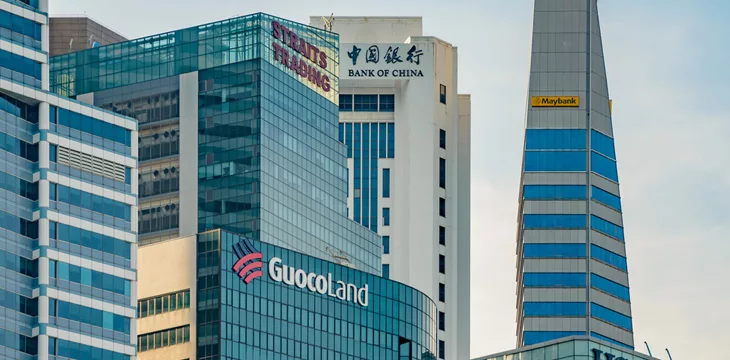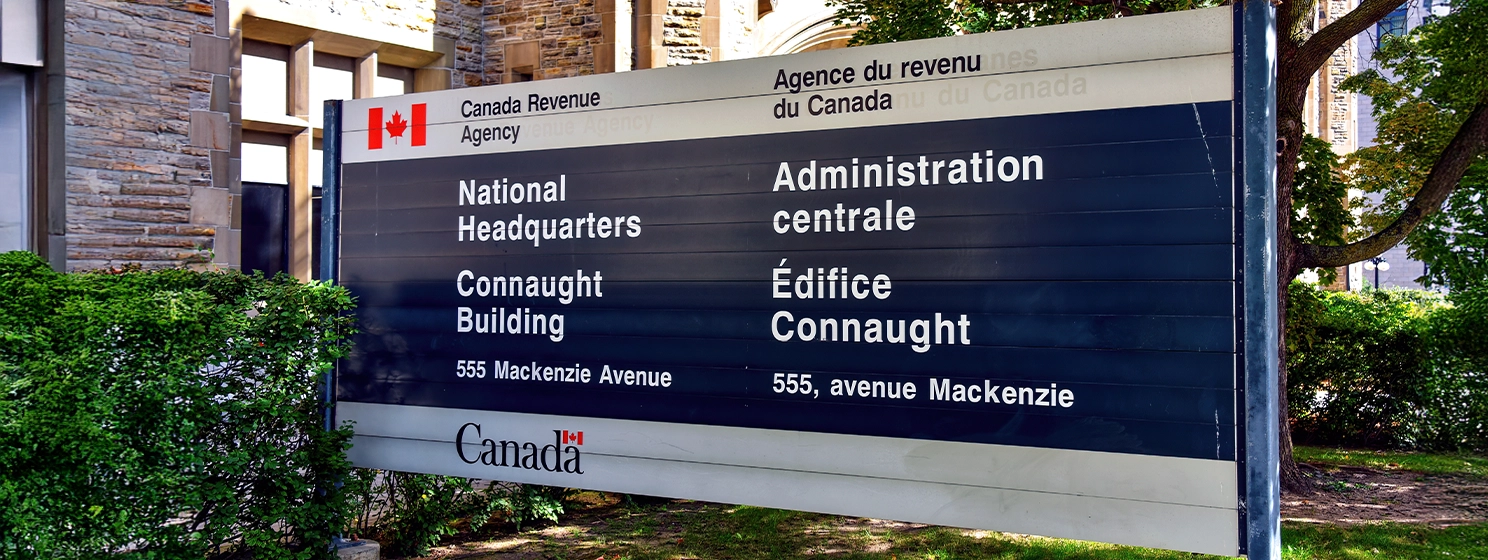|
Getting your Trinity Audio player ready...
|
The Monetary Authority of Singapore (MAS) has published a report advancing a framework to support the interoperability of blockchain technology in financial markets.
The report forms one ambit of Project Guardian, an ambitious project by MAS to propagate “best practices and technical standards” in the ecosystem. MAS stated that the 44-page report was a collaborative effort between the Bank for International Settlements (BIS) and several commercial banks, including JPMorgan (NASDAQ: JPM), Standard Chartered (NASDAQ: SCBFF), and DBS Bank.
Titled “Enabling Open and Interoperable Networks,” the report burrowed into the possibilities of establishing open and interoperable networks while exploring their applications in three use cases but did not give a seal of approval in any of the scenarios.
The first application focused on a global liquidity pool to reduce the friction associated with over-the-counter (OTC) FX transactions. To achieve this, the report cited an attempt by DBS Bank and SBI Digital Asset Holdings (NASDAQ: SBHGF) involving the tokenized representation of real-world assets in a common liquidity pool rather than trading with multiple counterparties.
The second case study explored in the report came in the area of asset-backed security tokens, with MAS pointing to Standard Chartered’s Asset-Backed Securities (ABS) initiative. Under this solution, receivable assets in tokenized trade finance are bundled as non-fungible tokens (NFTs) and classified assets according to their cash flow allocation.
The report stated that the third use case explored using digital native issuance of structured notes to reduce the red-tapism associated with their traditional application. For this scenario, MAS turned to a solution from HSBC (NASDAQ: HSBC), Marketnode, and UOB (NASDAQ: UOVEF) involving the creation of an asset and wealth management token factory to create and distribute structured notes.
“There is little legal precedence for digitally native securities today,” read the report on the downsides of the solution. The report also cited operational risks arising when the wrong price information and duration are entered into the smart contract.
Project Guardian rolls on
In May 2022, MAS announced the start of Project Guardian, designed to integrate the benefits of tokenization into its financial ecosystem. Aside from interoperability, the project is exploring multiple use cases of decentralized finance (DeFi) in wholesale funding markets by creating a liquidity pool.
The ambitious project has piqued the interest of global administrators, with Japan’s Financial Services Authority (FSA) confirming its interest in joining the studies.
“We are delighted to join the Project Guardian,” said Mamoru Yanase, a director at the FSA. “Decentralized financial ecosystem continues to develop in complexity, and it is important to address emerging risks.”
Watch: With micropayments, the use cases are infinite

 12-13-2025
12-13-2025 





